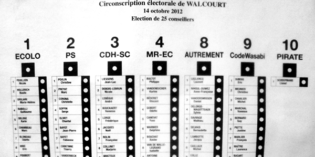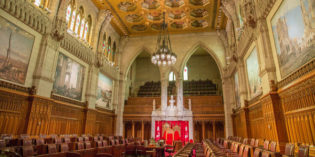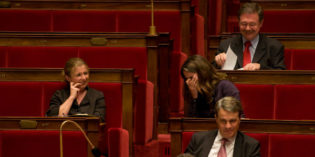Tag: damien bol

Covid-19 lockdowns: early evidence suggests political support and trust in democracy has increased
Making use of cross-country European survey data that was fielded both before and after Covid-19 lockdowns were implemented, André Blais, Damien Bol, Marco Giani and Peter Loewen find that support for the incumbent leader, support for government in general, and trust in democracy have all increased in the short term.

Choosing winning candidates in proportional systems does not increase voter satisfaction
Does expressing a preference for winning candidates as well as voting for a political party improve electoral satisfaction? Damien Bol and his colleagues test whether flexible-list PR improves voter satisfaction using the case of Belgium, and finds that – contrary to expectation – voting for winning candidates does not increase voters’ satisfaction with electoral outcomes compared with ‘party-list’ voters.

The UK and Canada: democratic legitimacy could matter more than geographic representation in the upper chamber
Upper chambers have the potential to represent different geographic groups within a multinational state, and so accommodate minority identities. However, research by Mike Medeiros, Damien Bol and Richard Nadeau indicates that, though there is support for democratic reform of the House of Lords and Senate in Scotland and Quebec respectively, there is, in fact, greater support for central democratic reform than for subnational representation.

Good news: fielding women candidates doesn’t put parties at a disadvantage in elections
We know women are more likely to be elected under proportional representation, but it hasn’t been clear which aspects of PR benefit them. Sona N. Golder, Laura B. Stephenson, Karine van der Straeten, André Blais, Damien Bol, Philipp Harfst and Jean-François Laslier designed an experiment in which people could cast (fake) votes for (real) European […]


 Democratic Audit's core funding is provided by the Joseph Rowntree Charitable Trust. Additional funding is provided by the London School of Economics.
Democratic Audit's core funding is provided by the Joseph Rowntree Charitable Trust. Additional funding is provided by the London School of Economics.